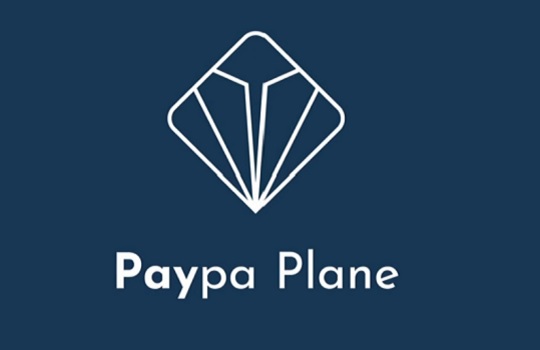
The Australian Payments Network (AusPayNet) has opened a new membership category for payments software developers, confirming Paypa Plane as the first member of its Payment Services Provider (PSP) group.
The PSP member category adds a fourth to the original three broad categories of AusPayNet membership: participant members (that is, banks and retail payments providers – representing the bulk of membership); affiliate members (such as card payments processors and ATM/POS providers; and operator members, which include commercial operators of payment systems, such as BPAY, NPP Australia and PayPal).
PSPs, or ‘Paytechs’, are defined as technology companies that facilitate electronic payments functions in Australia.
“By creating the new Payment Services Provider membership category, we ensure that we are representing the needs of the industry, enabling innovation, competition and choice, and allowing new participants to actively participate and shape payments self-regulation,” said Andy White, chief executive at AusPayNet.
“The payments industry continues to expand beyond its traditional participants and operators. AusPayNet recognises it is essential for these organisations to be represented in our membership,” White said.
Paypa Plane, a payments platform developer, supports businesses in adopting the New Payments Platform’s (NPP’s) forthcoming PayTo function – a mechanism that will enable merchants and businesses to initiate real-time payments from customers’ bank accounts.
The Commonwealth Bank recently acquired a 20 per cent stake in the company, hoping to support its business clients in onboarding the PayTo upon its launch later this year.
Chief executive of Paypa Plane (who also serves as chair of peak body FinTech Australia) Simone Joyce said the company was “delighted to be accepted” as AusPayNet’s inaugural PSP member.
“We see this new member category as a critical step in ensuring that the future payment ecosystem in Australia is supported by the industry’s self-regulator,” Joyce said.
The creation of the new membership category follows recommendations from the Federal Government’s Treasury Review, released mid-last year, which called for the establishment of a tiered licensing framework covering the “varying activities and sizes” of PSPs. AusPayNet said it has accepted the recommendations of the review.
These would be tiered “according to the risks posed by the entity due to its scale or type of activity”, the Review contended.
“The regulatory framework should be sufficiently flexible to support PSPs as they grow and expand the range of services they provide,” the Government wrote in its Review.
“As PSPs scale up in the payments ecosystem (e.g. by increasing the amount [sic] of payments they facilitate or the amount of stored-value they hold), they should obtain higher levels of authorisation to perform additional or higher levels of activities.”
Currently, direct access to Australia’s real-time payments rail, the New Payments Platform, is contingent on a PSP being licenced as an Authorised Deposit-taking Institution (ADI). As a result, applicants are required to be licensed as an ADI in order to engage in deposit-taking services through the NPP.
AusPayNet is the country’s chief payments self-regulator, which includes more than 140 members and participants from across the banking and payments sectors.
The group lobbies on behalf of its members for payments system reform and innovation, most recently around ASIC’s introduction of an ePayments Code and amendments to the Banking Code of Practice, where it called for stronger commitments to technological and regulatory neutrality.





